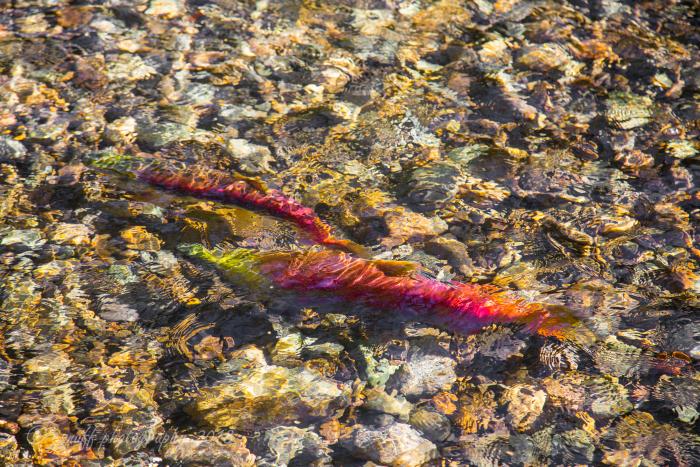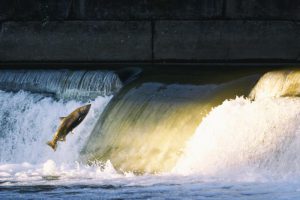
— Climate change is turning the heat up on many species, and is leading to drier climates and droughts, noticeably in B.C. —
Rising temperatures cause rising seas, except in some areas where it causes there to be less water and the climate to become drier, which makes some areas colder and wetter than they used to be… the climate is complicated.
But the simple fact is, British Columbia suffered a major drought towards the beginning of fall in 2015, affecting homeowners, industrial plants and preventing police from cleaning their cars.

Salmon stocks are also suffering. A lack of food and higher waters making better conditions for predators means “We are expecting there to be fewer coming back in the next one to three years,” said ocean scientist Ian Perry.
As water temperatures continue to rise, and snow packs and glaciers continue to lower in size, there will potentially be more and more droughts. What this means for salmon, and wildlife as a whole in BC, remains to be seen.
Read more about how climate change is turning up the heat on salmon runs in B.C. and how they may struggle to cope in Canadian Wildlife magazine, Sep + Oct 2015 edition.
Article summarized for online publishing, originally by CWF staff.
Feature photo by Cameron Stooshnoff, a photo contest submission.
